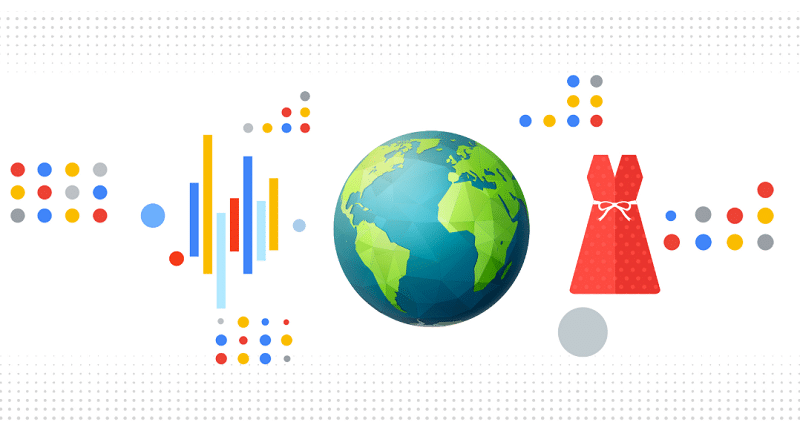
The fashion industry today accounts for 20 percent of wastewater and 2-8 percent of greenhouse gas emissions globally – potentially rising by as much as 50% by 2030. Much of this impact occurs at the raw materials stage in the production process, where supply chains can be highly fragmented, and gathering and assessing data at scale is a challenge.
The partnership announced today aims to address these needs, providing a platform that could be used on a standalone basis or as a complement to existing efforts. At the 2019 Copenhagen Fashion Summit, Google Cloud announced a pilot in collaboration with Stella McCartney to use Google Cloud technology to provide a more comprehensive view into raw materials of clothing manufacturers’ supply chains. That work continues with Stella McCartney, whose team have been pivotal in shaping the concept of the platform and will continue as the first fashion brand to test it. WWF Sweden and long-term partner IKEA created a similar tool in 2018, focused on analysing the risk and impact of various textiles raw materials.
Google and WWF Sweden will now collaborate on an updated platform leveraging all of these data types, aiming to further increase the accuracy and relevance of raw materials assessments. This new platform will also move beyond cotton and viscose as first announced, to include numerous additional raw materials based on WWF data and knowledge. In addition to Stella McCartney and IKEA, WWF and Google are also in consultation with a large number of other fashion, luxury, denim, and athletic brands and retailers.
“It’s our ambition to create a data-enriched decision-making platform that enables analysis of the supply chain in a way that has not been possible before at this scale,” said Ian Pattison, Head of Customer Engineering, Retail, Google UK/ IE. “Partnering with WWF brings together Google Cloud’s technical capacity, including big-data analysis and machine learning, and WWF’s deep knowledge of assessing raw materials. Together, we can make supply chain data visible and accessible to decision makers, and drive more responsible and sustainable decisions.”
“Sustainability is a challenge that crosses industry boundaries, and we firmly believe that solutions require strong partnerships and collaboration,” said Kate Brandt, Google Sustainability Officer. “Our ambition is to fill fundamental data gaps by bringing greater accuracy to environmental reporting—ultimately moving toward more sustainable processes. By combining our technology, and with data inputs from many key industry brands and retailers, we believe we can significantly magnify this work together.”
“WWF’s partnership work with companies has always been motivated by the need to drive real transformation at the largest possible scale,” said Håkan Wirtén, CEO of WWF Sweden. “This project is an excellent example of how we can take valuable work with a long term partner like IKEA, collaborate with another strong WWF partner like Google to make that work even more powerful, and make it open source so that hopefully it can help with the transformation of a whole industry.”
